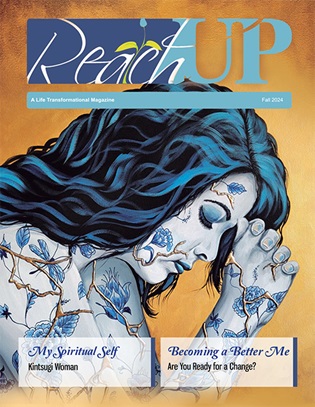Listen Now
I hear you: it’s tough to pick up a book after a long day. Many of us (myself included) would rather zone out with a sitcom marathon or mindlessly scroll through our phones and forget about our troubles. However, science reveals some amazing benefits for those who make the better choice of picking up a book instead.
From holding onto your memory in old age to easing stress and chronic pain, here’s why you should get lost in a book at least once a week.
It’s normal that a great book might influence you to act like the hero in the story. That’s called inspiration. However, there’s more to be gained. A study conducted by the Centre for Reading, Literature, and Society at the University of Liverpool, finds that reading makes us happier in real life as well.The research was gathered in an online poll consisting of 4,164 equal groups of reading and non-reading adults. The data showed that participants who read a book for just 30 minutes a week reported greater overall happiness, satisfaction, and better relationships.
2. Read to Ease Depression and Anxiety
When it comes to feelings of sadness, sticking your nose in a book can boost emotional health, says Sue Wilkinson, CEO of the UK-based reading charity, The Reading Agency.
In fact, research finds that individuals who read in their free time experience less depression and anxiety compared to those who don’t pick up a book. “Reading for fun [has been linked to] preventing depression and even dementia,” says Wilkinson, “compared to watching TV or scrolling through social media.”
We all know that books can be the gateway to far off places and experiences we may never be able to have. Research collected by the Centre for Reading Research in partnership with The Reader Organization shows that readers over non-readers generally have more life experience, more respect and tolerance of other cultures and other views, plus more interesting things to talk about with other people. The act of opening our minds through reading actually shifts the wiring inside our brains.
4. Read to Push Chronic Pain Aside
If you typically reach for prescription medication to ease chronic pain, consider this study on the positive effects of literature on pain management from Broadgreen University Hospitals, in the UK. The study monitored a weekly, hospital-run reading group consisting of patients with severe and chronic pain who read aloud and discussed a collection of short stories, novels, and poetry.
The study concluded that participation in the group not only soothed emotional pain like the feelings of isolation and depression, but also provided physical pain management. Enjoying a book reduced the person’s overall awareness of their pain.
I admit that sometimes losing myself in a book provides temporary relief from my daily stresses and problems. However, while books do help us escape, they can also help us gain new and clear perspectives of issues that we have in common with the characters in our books.For instance, reading about the conflicts and obstacles a favorite character faces helps us see issues in our lives in new ways. Through the characters, we can gain a healthier, more open-minded perspective for solving our own problems.
6. Read to Prevent Mental Decline
Although the research is still coming together on this, older patients who take up mentally stimulating activities like reading tend to score higher on memory and thinking tests.
So, forget trashy novels. Find some good biographies, historical novels, or your favorite translation of the Bible and set aside 30 minutes this week to read for good.
Read to little kids every night.
Get your older kids to read by setting aside 15 minutes just before bed for everyone to read.
Here are some books you might want to read:
- The Hiding Place by Corrie ten Boon
- A Lineage of Grace by Francine Rivers
- Redeeming Love by Francine Rivers
- The Cross and the Switchblade by David Wilkerson





